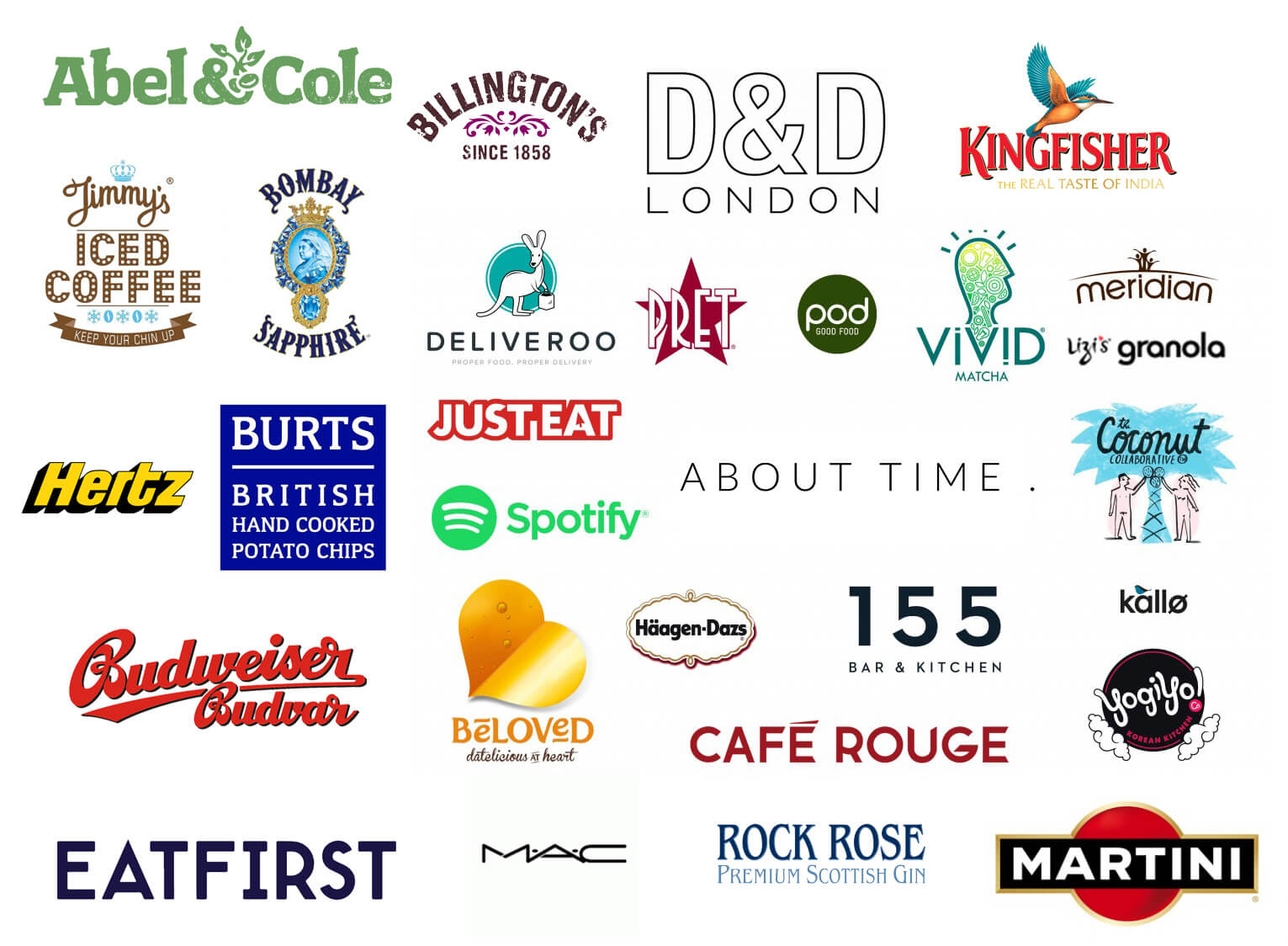7 Tips for Building a Successful RestaurantBy Angelica Malin
Knowing how to cook is not enough to be successful. Find out what is needed to recover in this industry. The outdoor food market, which includes restaurants and bars, is one of the strongest in the world economy. The desire to cook makes many people want to open their own business in the culinary sector. Knowing how to cook is not enough to have a successful restaurant. You have to control the budget at the tip of a pencil to make money.

1. Know what will happen
The first point that must be taken into account is whether entrepreneurs have a profile to become food entrepreneurs. Many people have the desire to cook and are interested in opening a restaurant. But this desire is not enough. It is important to know how to care for the company and to know that, in most cases, it will be necessary to work at night and on weekends. Entrepreneurs must know what to expect before starting planning. If you don’t agree with something, it might be worth working with something else.
2. Prepare for bureaucracy
The next step is to formalize, create the company itself. It is worth mentioning that this regulation varies depending on the city or district where the restaurant will be established.
3. Know your area
One of the first things decided by novice entrepreneurs is the location of restaurants – often the idea of opening a business comes from knowing that there are properties available to receive property. Part of restaurant planning is to understand their behavior that goes through the environment. An important tip is to get a bench, sit in front of a commercial place and watch street movements. It’s important to know the time with most people and if there are people in the area during the weekend, for example. The point of your business is also important in determining your target audience. Your location will be important to determine the price of your product.
4. Competition
The next step is knowing competition. In your area, there may be other restaurants that specialize in certain dishes, and have different pricing strategies. The ideal is to offer something different from what already exists. Thus, it is easier to get the attention of your audience. You must have something unique to offer. It’s like opening a watch shop. Do you want to sell luxury watches like frederique constant or sports watches like Tag Heuer. Each segment can be different.
5. Marketing
Promoting business is fundamental. Marketing encourages billing of any business. In terms of restaurants, menu presentations, creating loyalty cards, making sweepstakes and marking their presence on social networks can be a good initiative to attract and retain customers.
6. Take care of your stock
Employers need to make contact with different suppliers to spend as little as possible on material purchases. Move between them, find the lowest price and negotiate. Keep in mind that in a restaurant, much of what is sold has a very short shelf life. Therefore, buying a product that is greater than what is for sale results in a loss. The money invested in stalled stock is still in the form of money.
Buying less than needed is just as bad. Either the customer will be dissatisfied or the entrepreneur must go to the corner market to buy what the customer wants. In this case, profit margins are compromised, because buying in small quantities is more expensive than going to wholesale. He acknowledged that in the beginning of business it was understood that errors occurred. However, the procurement process must be increased from time to time so that losses can be avoided.
7. Rent well
According to Juliana, a big mistake from entrepreneurs in this sector is the focus on hiring good chefs and not being too careful in fulfilling other functions. However, everyone must be ready. Problems with food or service can damage the reputation of the restaurant.


